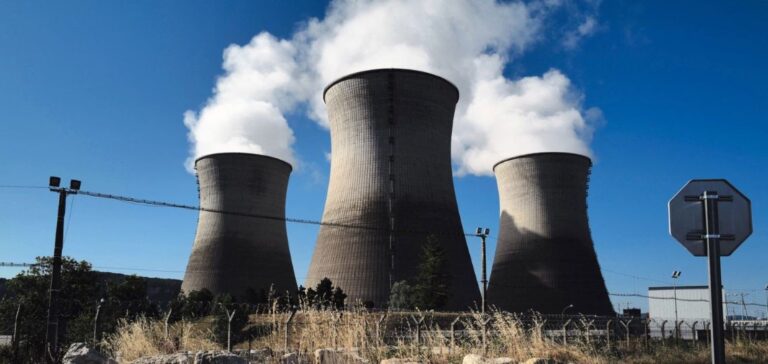Kazakhstan, a major player on the world uranium market, is preparing to introduce nuclear power into its energy mix.
This project, at the heart of the country’s strategy, aims to reduce its dependence on fossil fuels and strengthen its energy security. The siting of Kazakhstan’s first nuclear power plant is currently the subject of public discussion, a prerequisite for the referendum scheduled for autumn.
The government, aware of the strategic stakes involved, has chosen to build on existing nuclear experience.
Kazakhstan has already operated a sodium-cooled fast reactor for several decades, and national teams are currently involved in building nuclear power plants in Turkey and Russia.
This expertise is a key asset for the country.
Technological and economic challenges
The public consultations, which took place in every region of the country, addressed issues crucial to the future of the project.
Technological security, socio-economic repercussions and the guarantee of a stable energy supply were at the heart of the debates.
The Ulken site, on the shores of Lake Balkhash, was identified as the most suitable location for the power plant.
At the same time, Kazakhstan is also exploring the possibility of introducing small modular reactors (SMRs) to modernize its aging energy infrastructure, particularly coal-fired plants.
This project is part of a broader vision to diversify the country’s energy sources, while strengthening its resilience to fluctuations in the fossil fuel market.
Nuclear Program Outlook
If approved by referendum, Kazakhstan’s nuclear power program is set to account for 5% of the country’s electricity production by 2035.
This nuclear development aims not only to diversify the country’s energy supply, but also to meet the growing demand for electricity while reducing the share of fossil fuels.
Implementing this project will require a sustained commitment, both technologically and financially.
Kazakhstan is looking to the future, drawing on its in-house expertise and international partnerships to build a reliable and sustainable nuclear infrastructure.





















